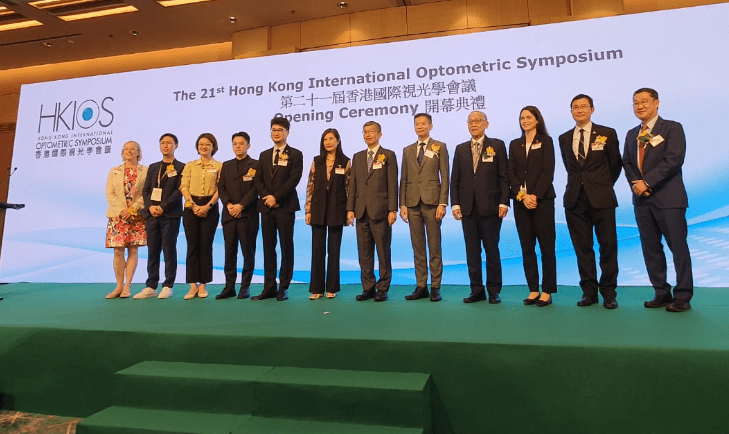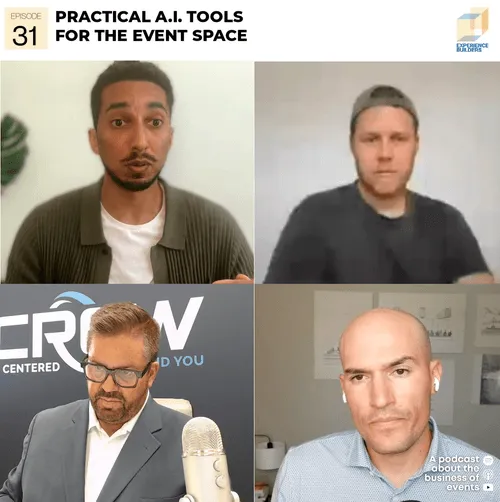by Li Jackson
In a groundbreaking convergence of artificial intelligence (AI) and telemedicine, the 21st Hong Kong International Optometric Symposium witnessed a global discussion on the transformative role of technology in treating vision problems. Professionals from Mainland China, the United States, Australia, the United Kingdom, and Hong Kong explored how AI and tele-optometry could revolutionize eye care, benefiting the visually impaired and alleviating staffing pressures on primary healthcare.
Dr. Patrick D. Yoshinaga of the Marshall B. Ketchum University in the United States highlighted the accessibility of AI technologies for the visually impaired through smartphone apps. He emphasized the significant advancements in speed and efficiency, citing examples of blind individuals using AI-powered apps for daily tasks like reading documents and identifying objects.
AI isn’t just limited to apps; visually impaired individuals can now wear AI glasses equipped with the GPT-4 language model, allowing them to engage in conversations and even inquire about menu options. The audience marveled at the demonstration, capturing the moment when AI became the “eyes” for those with visual impairments.
Addressing the challenges, Dr. Yoshinaga cautioned against the “black-box effect” in AI algorithm development, emphasizing the importance of transparency in understanding the decision-making process.
In another stride towards AI-enhanced healthcare, Professor Mingguang He of The Hong Kong Polytechnic University shared insights into the successful implementation of AI for eye disease diagnosis. The technology, with a 90% or higher accuracy rate, streamlined the diagnostic process in local GP clinics, offering quick and efficient eye examinations.
The application of AI extended to the UK, where Professor Benny Chung-ying Zee demonstrated how AI analysis of retinal images could predict a patient’s risk of stroke and cognitive impairment. This not only allows for early intervention but also reduces the long-term burden on healthcare systems.
Dr. Priya Morjaria of Peak Vision, a UK-based social enterprise, discussed the critical role of timely eye examinations in preventing vision loss. Her organization provides eye health screening software, addressing service gaps and ensuring comprehensive care through remote examinations.
As the audience, particularly optometry students, grappled with concerns about AI’s impact on employment prospects, Professor He reassured them that AI would enhance efficiency rather than replace optometrists. Dr. Morjaria echoed this sentiment, emphasizing the enduring need for human interaction in healthcare decisions. However, she urged students to critically engage with AI decisions and understand the evidence behind them.
In the evolving landscape of vision care, AI emerges as a powerful ally, promising efficiency, accessibility, and improved patient outcomes. The symposium showcased not only the technological advancements but also the collaborative efforts globally to integrate AI seamlessly into eye health services.
For more information, please visit the Hong Kong International Optical Fair and Intelligence Hub.
Source: ACN Newswire































